Is Namibia the last great geography for oil and gas? Gil Holzman, CEO and President of ECO Atlantic Oil & Gas confidentially claims so, thanks to existing in-place infrastructure and untapped offshore deposits.
“Namibia is oil and gas’s last great frontier,” Gil Holzman, president and CEO of ECO Atlantic Oil & Gas confidently proclaims. “There are other frontiers out there, but they are in more exotic areas such as the Arctic, which is very complicated. Namibia, on the other hand is much simpler, the infrastructure is already in the area.”
Interest has been mounting around the possibility of significant finds off the shore of Namibia in recent years even though only small volumes of hydrocarbon have been produced. According to the National Petroleum Corporation of Namibia (NAMCOR) on the 50 licences that have been awarded there have been 11 exploratory wells and seven appraisal wells drilled. The one success has been Brazil’s HRT who discovered oil at Wingat-1 well in the Walvis basin, but not at commercially-viable volumes.
Part of the confidence in Namibia stems from its location; surrounded by resource rich states in South Africa, Angola and Botswana. “The characteristics are quite well known,” Holzman adds. “There is oil in South Africa and Angola, there is oil the other side of the Atlantic in the Campos and Santos Basins in Brazil.”
Holzman calls Namibia Africa for beginners and a perfect place to start understanding the region. “When I go to Windhoek I feel like I am back in Zurich; it’s so clean and organised,” he adds. “It is also very stable; there have never been any problems there, it is peaceful, democratic, and stable. It’s English speaking and they have a rule of law. It’s the second rated country in Africa, after Botswana; they are neck and neck as the best countries in Africa to do business."
“I have operated in many other regions and the Namibian Government is one of the most supportive governments for the oil and gas industry, mainly because they leave the international players to come and explore for oil. They understand the challenges, they are very supportive and very patient. To an extent they are real partners to the industry.”
Eco Atlantic’s interests in the region are contained within the Walvis basin, a highly active but underexplored oil and gas region. In 2013 a proven offshore petroleum system was discovered by HRT and since then there has been increased activities in the region by major oil companies. Eco Atlantic has acquired four offshore licence blocks covering 23,000 km2 in the Walvis basin. The four licences are strategically positioned.
Today there are a host of major players in the basin, but that was not always the case. “When we started together with Tower, Chariot and HRT back in 2010 we proved that there are at least two active petroleum systems in offshore Namibia,” Holzman continues. “Gradually we gained more traction and came onto the radar of more of the industry players. Today in 2018 you see ExxonMobil, Total, Shell, ONGC and Tullow in the basin. The bigger names came in after the smaller companies have proved the play, and this is exactly how it should work.”
As for Eco Atlantic’s future, Holzman is adamant that there is a petroleum system in place. “The oil is there, but you must understand that it is a huge area of water; each block is between 5,000 and 10,000 square kilometres,” he explains. “Oil exploration is risky and expensive, so it takes time to de-risk the basin and understand where the oil might have been trapped and where it has migrated to. But the prize is big, we know that because of the huge structures underneath the ocean. Once someone hits oil we are talking hundreds of millions or even billions of barrels.”
Interest has been mounting around the possibility of significant finds off the shore of Namibia in recent years even though only small volumes of hydrocarbon have been produced. According to the National Petroleum Corporation of Namibia (NAMCOR) on the 50 licences that have been awarded there have been 11 exploratory wells and seven appraisal wells drilled. The one success has been Brazil’s HRT who discovered oil at Wingat-1 well in the Walvis basin, but not at commercially-viable volumes.
Part of the confidence in Namibia stems from its location; surrounded by resource rich states in South Africa, Angola and Botswana. “The characteristics are quite well known,” Holzman adds. “There is oil in South Africa and Angola, there is oil the other side of the Atlantic in the Campos and Santos Basins in Brazil.”
Holzman calls Namibia Africa for beginners and a perfect place to start understanding the region. “When I go to Windhoek I feel like I am back in Zurich; it’s so clean and organised,” he adds. “It is also very stable; there have never been any problems there, it is peaceful, democratic, and stable. It’s English speaking and they have a rule of law. It’s the second rated country in Africa, after Botswana; they are neck and neck as the best countries in Africa to do business."
“I have operated in many other regions and the Namibian Government is one of the most supportive governments for the oil and gas industry, mainly because they leave the international players to come and explore for oil. They understand the challenges, they are very supportive and very patient. To an extent they are real partners to the industry.”
Proven system
Eco Atlantic’s interests in the region are contained within the Walvis basin, a highly active but underexplored oil and gas region. In 2013 a proven offshore petroleum system was discovered by HRT and since then there has been increased activities in the region by major oil companies. Eco Atlantic has acquired four offshore licence blocks covering 23,000 km2 in the Walvis basin. The four licences are strategically positioned.
Today there are a host of major players in the basin, but that was not always the case. “When we started together with Tower, Chariot and HRT back in 2010 we proved that there are at least two active petroleum systems in offshore Namibia,” Holzman continues. “Gradually we gained more traction and came onto the radar of more of the industry players. Today in 2018 you see ExxonMobil, Total, Shell, ONGC and Tullow in the basin. The bigger names came in after the smaller companies have proved the play, and this is exactly how it should work.”
As for Eco Atlantic’s future, Holzman is adamant that there is a petroleum system in place. “The oil is there, but you must understand that it is a huge area of water; each block is between 5,000 and 10,000 square kilometres,” he explains. “Oil exploration is risky and expensive, so it takes time to de-risk the basin and understand where the oil might have been trapped and where it has migrated to. But the prize is big, we know that because of the huge structures underneath the ocean. Once someone hits oil we are talking hundreds of millions or even billions of barrels.”

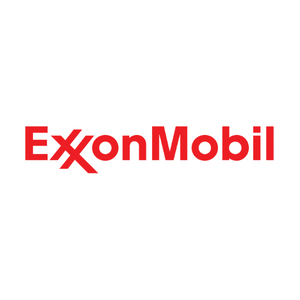
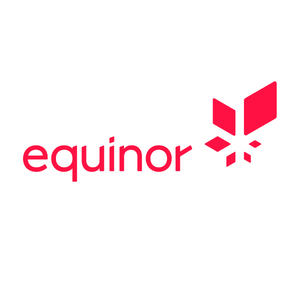

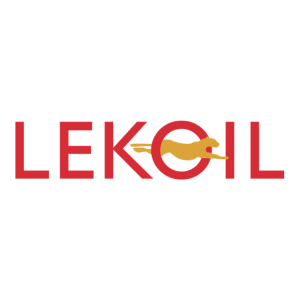
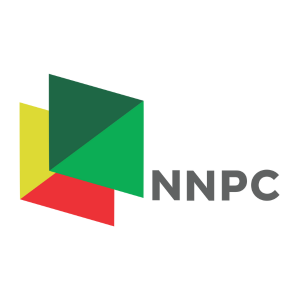
_weblogo_2.png?ext=.png)
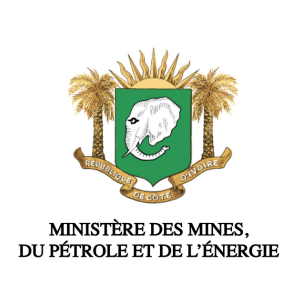
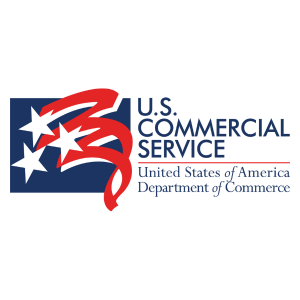
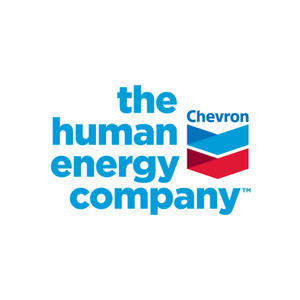

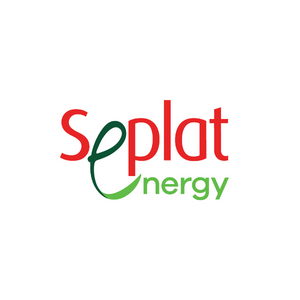
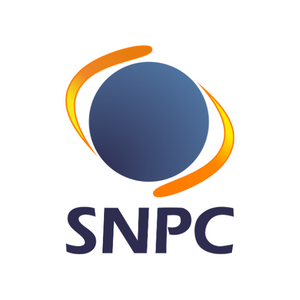
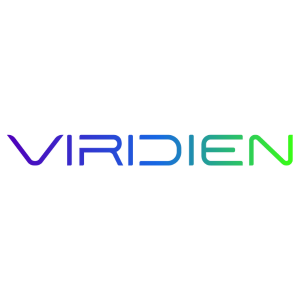
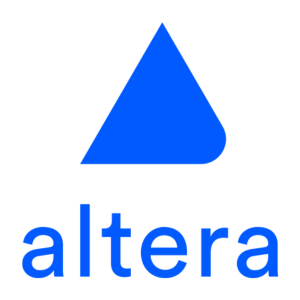
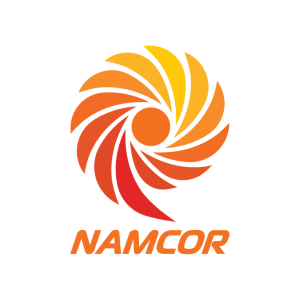
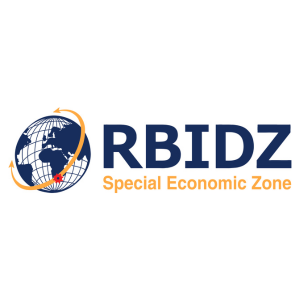
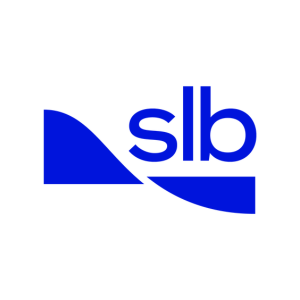
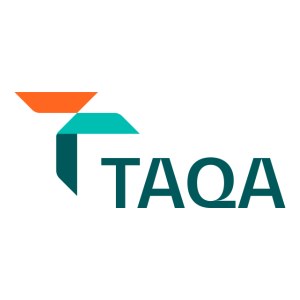
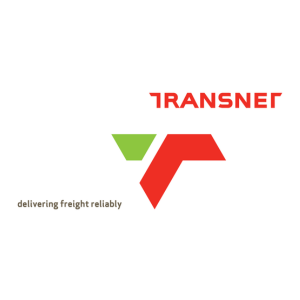

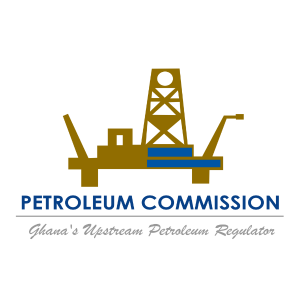
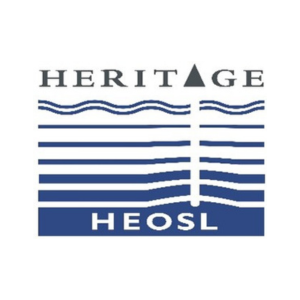
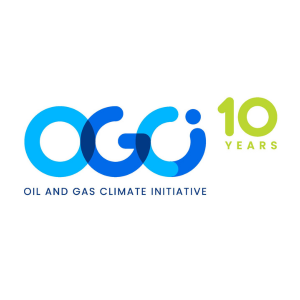
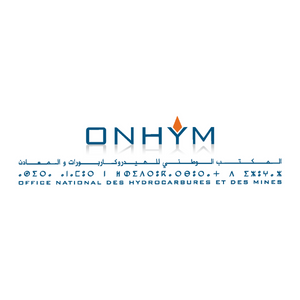
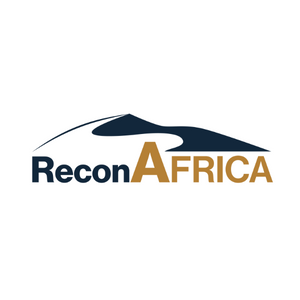
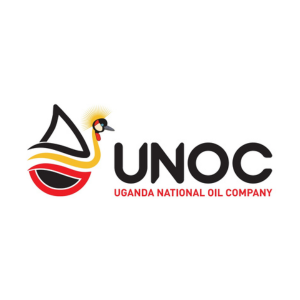
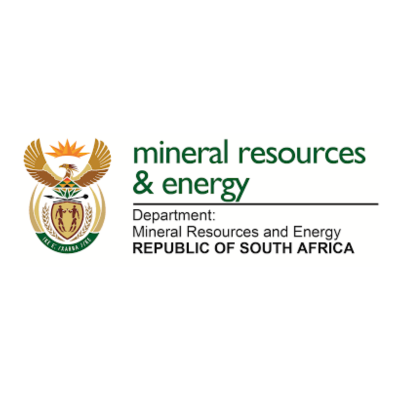
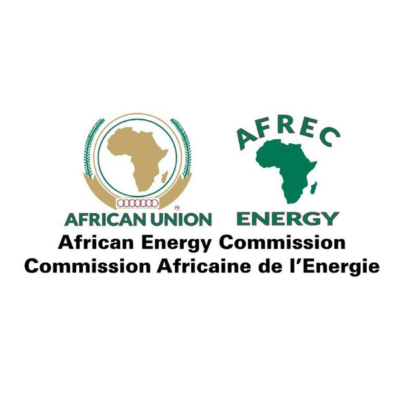
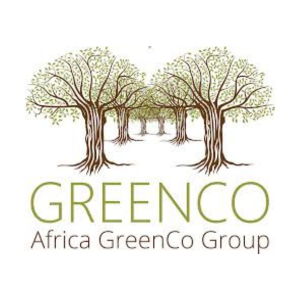
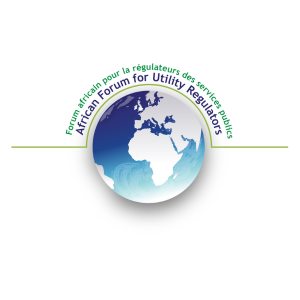
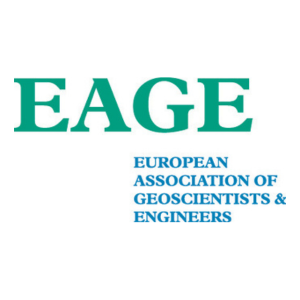
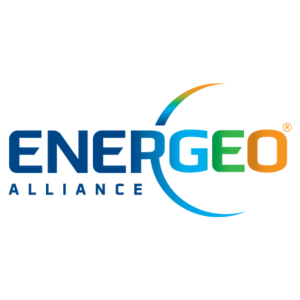
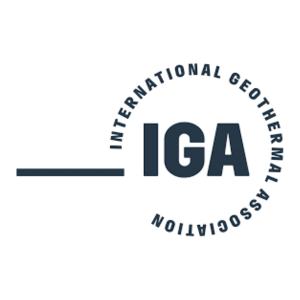
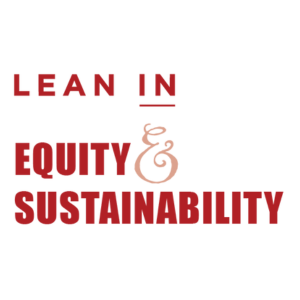
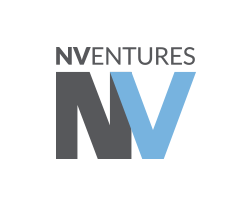
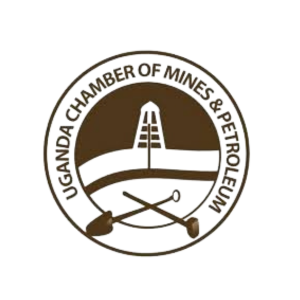

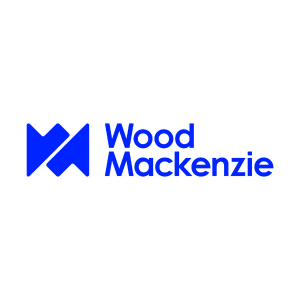

.jpg?ext=.jpg)
